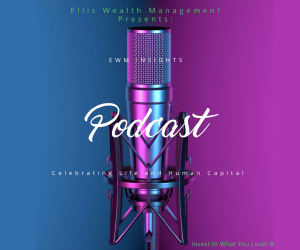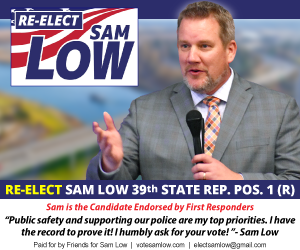WASHINGTON, D.C., October 3, 2023—This week, the Federal Highway Administration (FHWA) announced it is awarding $1.08 billion in formula funding to the Washington State Department of Transportation (WSDOT) to build and repair highways, bridges and electric vehicle (EV) charging infrastructure statewide.
Rep. Rick Larsen (WA-02) applauded the announcement and what it means for Northwest Washington.
“Thanks to the Bipartisan Infrastructure Law, more funding is on its way to Northwest Washington to create more jobs and build a cleaner, greener, safer and more accessible transportation system,” said Larsen, who serves as the lead Democrat on the Transportation & Infrastructure Committee. “This historic investment will enable local communities to get more shovels in the ground and put people to work to reduce congestion and pollution, improve safety, and keep people and the economy moving.”
Historic Investments in Washington Highways, Bridges and EV Infrastructure
The FHWA issued three notices announcing the distribution of formula funding to state Departments of Transportation like WSDOT. The funding is sourced from the Highway Trust Fund and advance appropriations under the Bipartisan Infrastructure Law. Funding includes:
- $934.4 million for Washington highways
- $130.7 million for Washington bridges
- $15.1 million for Washington EV charging infrastructure
The Bipartisan Infrastructure Law is Working for Northwest Washington
Larsen is a champion of bold, long-term investments in infrastructure to create more jobs and drive economic growth in local communities. So far, $6 billion in Bipartisan Infrastructure Law funding has been announced and is headed to Washington state with more than 420 specific projects identified for funding. Last month, Larsen asked Transportation Secretary Pete Buttigieg about ongoing implementation of the Bipartisan Infrastructure Law, including how the BIL is helping states like Washington repair and replace fish barrier culverts, invest in rural and underserved communities, and ensure all communities benefit from the BIL’s historic provisions.
For more on how the Bipartisan Infrastructure Law is benefiting Washington, click here.














